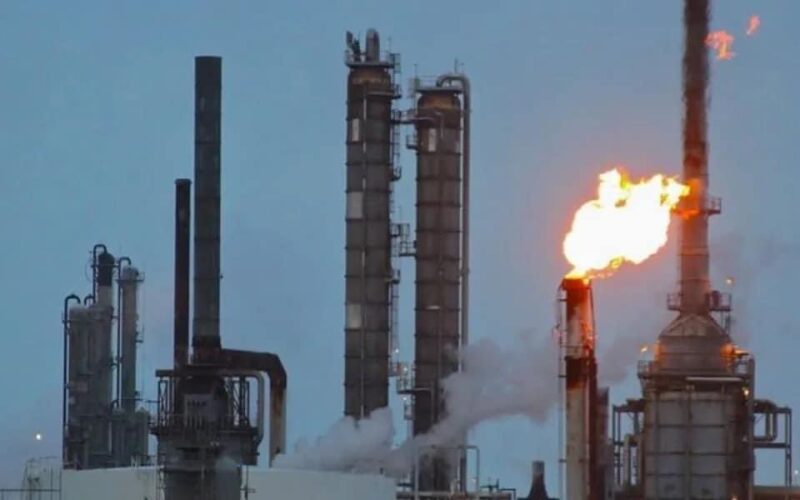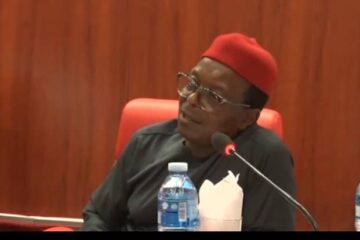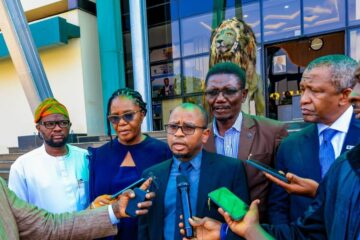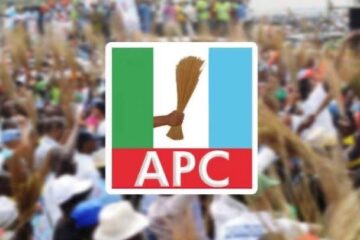The presidency has announced that plans for the complete privatisation of Nigeria’s state-owned refineries are currently underway.
Sunday Dare, the special adviser, media and public communications to President Bola Tinubu, disclosed this in a reforms tracker posted on his X handle on Sunday.
The tracker highlights the key milestones achieved by Mr Tinubu’s administration in the oil sector.
“Full privatisation of Port Harcourt, Warri, Kaduna refining in the works. Local oil refining and production to peak steadily with Dangote and modular refineries active. With full local refining capacity gradually being met, days of fuel queues to end,” it said.
Nigeria has four major refineries, two in Port Harcourt, Rivers State, which combine to form the Port Harcourt Refining Company (PHRC) with a combined installed capacity of 210,000 barrels per day (bpd); the Kaduna Refining and Petrochemical Company Limited (KRPC) with an installed capacity of 110,000 bpd; and the Warri Refining and Petrochemical Company Limited (WRPC) with an installed capacity of 125,000 bpd.
All the refineries have a combined installed capacity of 445,000 barrels per day.
For decades, the refineries have performed below optimal levels despite the huge resources earmarked for their rehabilitation.
In May 2023, the House of Representatives ad-hoc committee on the state of refineries in the country said the federal government spent over N11 trillion on the rehabilitation of the refineries from 2010 to 2023.
The moribund state of the local refineries pushed Nigeria to depend solely on the importation of petroleum products for domestic use for many years, constituting a major drain on the nation’s foreign reserves.
For decades, successive administrations have promised and made moves aimed at reviving the nation’s refineries to reduce dependency on petrol importation but have failed.
In August 2023, the President Bola Tinubu administration assured that the PHRC would become functional by December after numerous failed attempts, noting that Warri would come on stream by the end of the first quarter of 2024, and Kaduna would also come on board towards the end of 2024. However, the timelines were not met.




